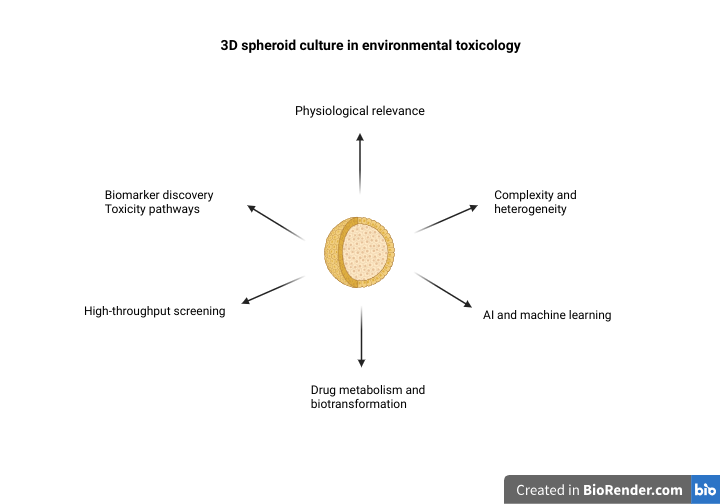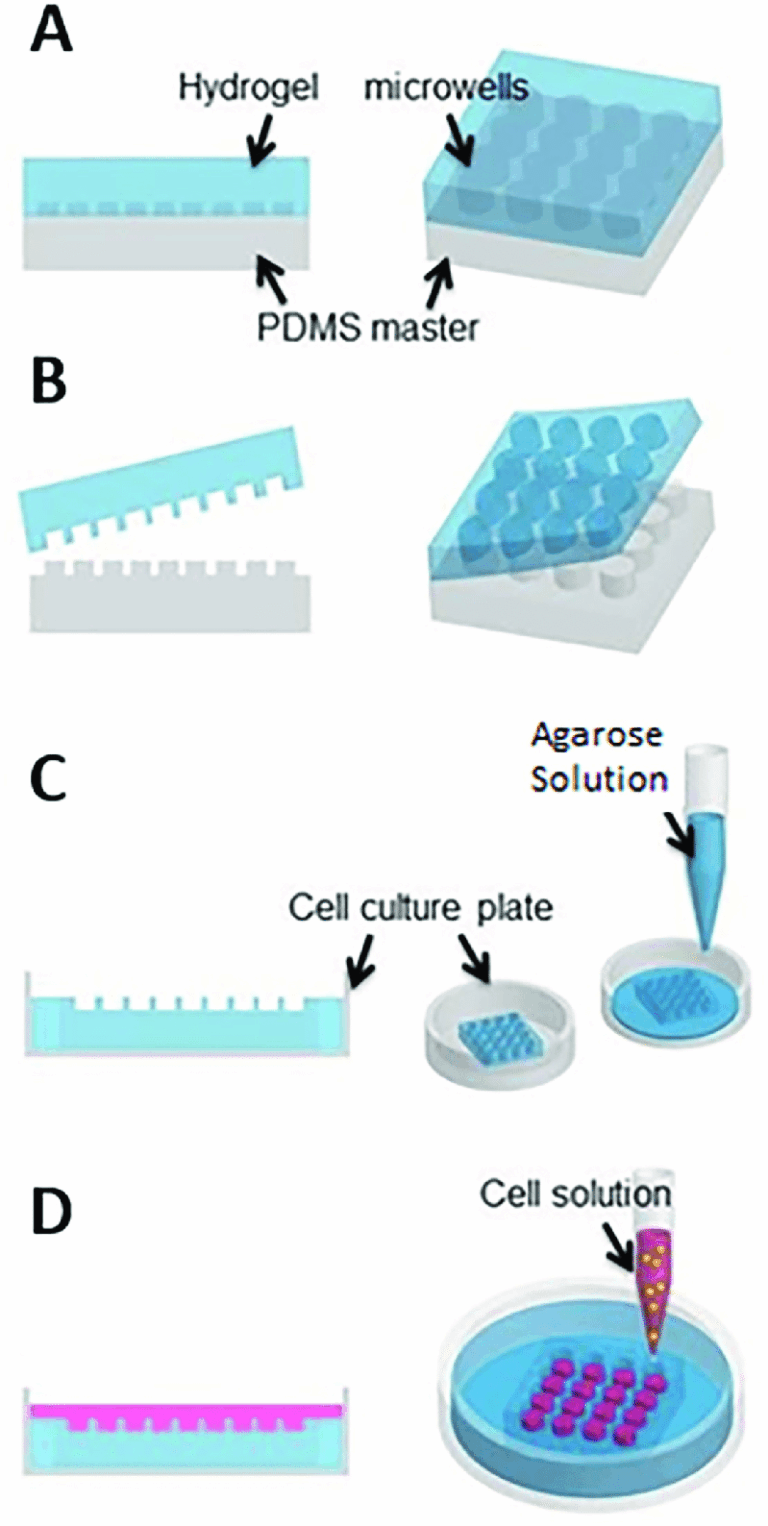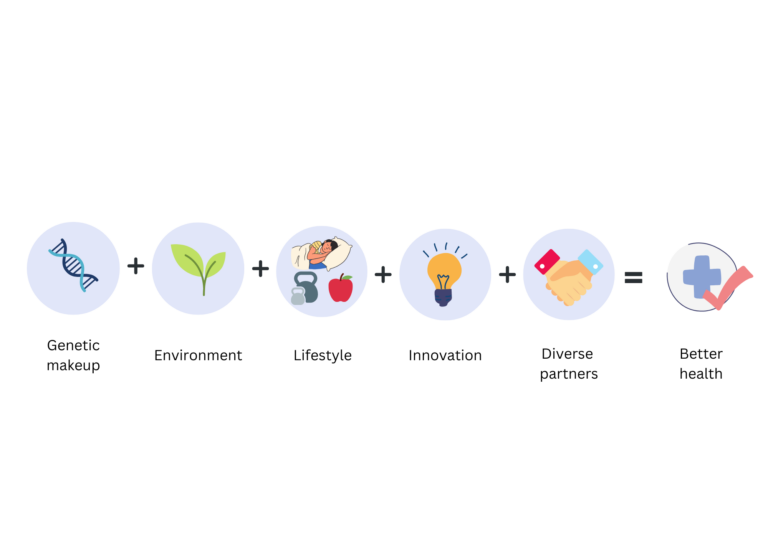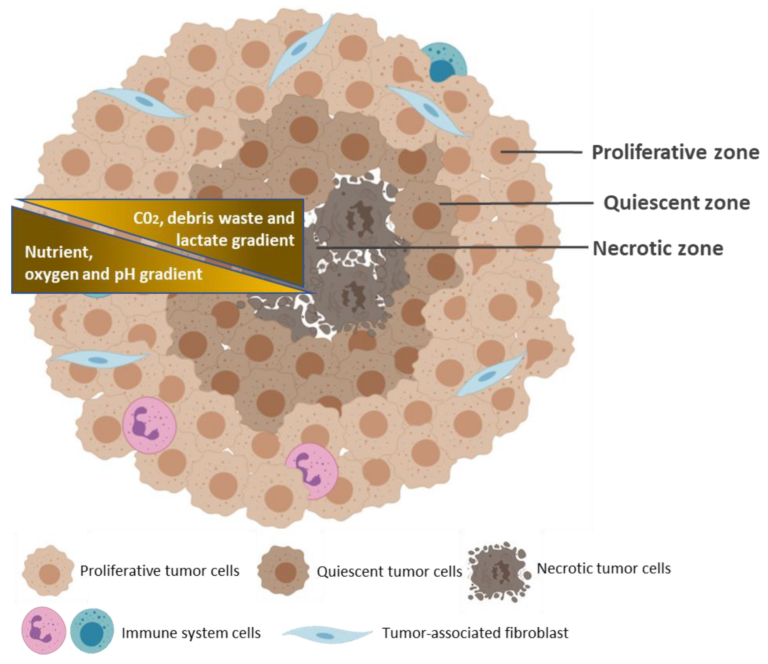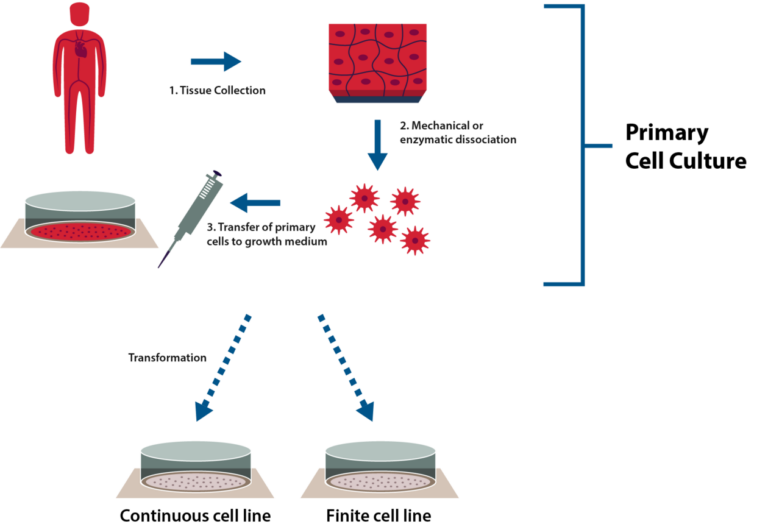faCellitate GmbH
Franz-Volhard Straße 5
68167 Mannheim
Germany
info@facellitate.com
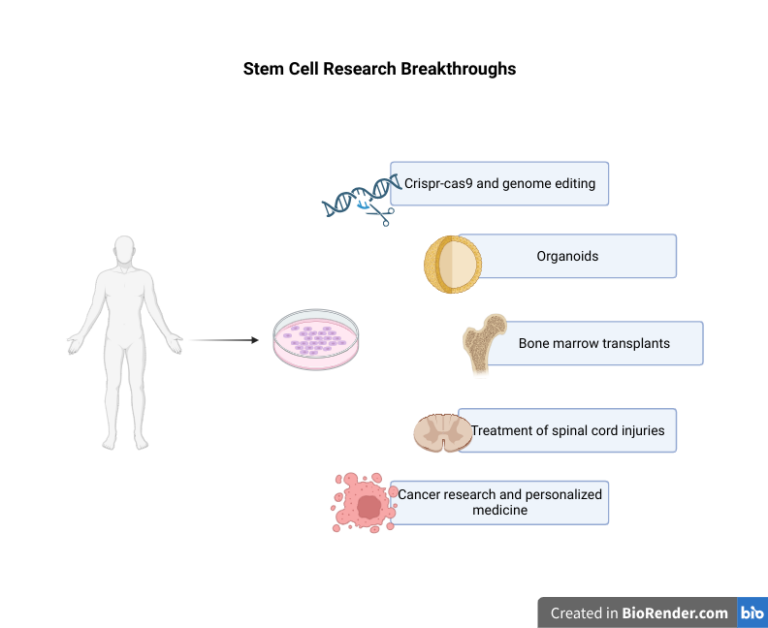
Stem cell research breakthroughs
Stem cell research has witnessed numerous breakthroughs that have expanded our knowledge and potential applications in various fields, from regenerative medicine to disease modeling. Here are some notable stem cell research breakthroughs: Induced pluripotent stem…

